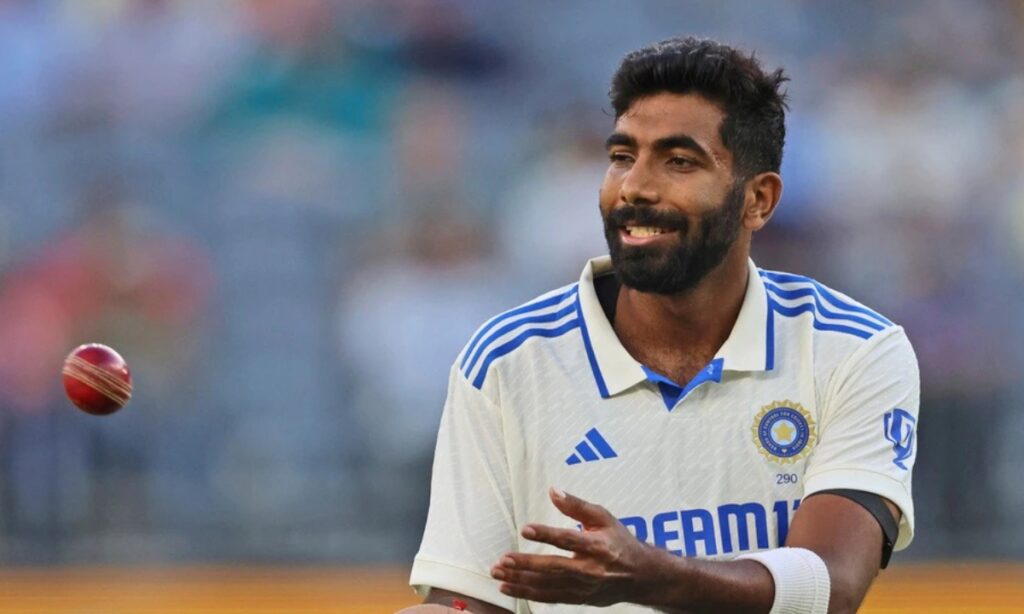During the third Test of the Border-Gavaskar Trophy between India and Australia at the Gabba, Jasprit Bumrah, India’s ace fast bowler, was at the center of a controversy. Following his dismissal of key Australian batsmen, commentator Isa Guha made a remark that has since dominated headlines. Referring to Jasprit Bumrah as the “Most Valuable Primate” during live commentary, Guha’s words were perceived as racially insensitive, echoing past incidents that have marred cricket with racial undertones.
“He’s the MVP and the most valuable Primate. He is going to do all the taking for his team and there was so much focus on his fitness before the start of the third Test,”
The remark sparked immediate backlash across social media platforms, with fans and cricket enthusiasts drawing parallels to the infamous ‘Monkeygate’ scandal of 2008. The term “primate” in this context was seen by many as a derogatory reference, especially when considering the historical racial tensions between India and Australia in cricket. The reaction on X (formerly known as Twitter) was swift, with the hashtag #Monkeygate making rounds as fans and commentators alike voiced their disapproval.
Cricket Australia and the BCCI (Board of Control for Cricket in India) have a history of addressing racial insensitivity in cricket. While Cricket Australia issued a statement condemning any form of racial insensitivity, the BCCI was expected to stand in support of Bumrah, emphasizing the need for respect and inclusivity in the sport. The lack of immediate public response from Guha or her broadcasting network only intensified the situation, leaving fans and observers seeking clarity and accountability.
For Jasprit Bumrah, this incident could potentially have both immediate and long-term effects. On the field, his focus might have been momentarily disrupted by the controversy. Off the field, it’s a reminder of the racial challenges athletes face, even at the highest levels of sports. His resilience and performance in the face of such adversity will likely be noted, but the psychological toll of such remarks should not be underestimated. This incident has reignited discussions on racial sensitivity in cricket, especially in commentary. Commentators are the voices of the game, influencing millions, and this event highlights the need for cultural sensitivity and awareness. It’s a call to action for better education, not just for players but for everyone involved in broadcasting and discussing the sport.
An official apology from Guha or her broadcasting company could be a step towards healing. It’s not just about acknowledging a mistake but also about ensuring such incidents are not repeated. Cricket Australia, the ICC, or other cricket bodies might revisit their guidelines for commentators, emphasizing cultural sensitivity and perhaps even mandating training sessions to prevent such slips in the future. This event might lead to more vigilant oversight of commentary, with fans and organizations more attentive to the language used during matches.
The racially sensitive remark directed at Jasprit Bumrah during the third Test match against Australia is a sobering reminder of the work still needed to combat racism in sports. While cricket has made strides towards inclusivity, this incident highlights the fragility of those gains when carelessness or insensitivity prevails. As the series progresses, the focus will not only be on the cricket played but also on how the sport addresses this incident, hopefully fostering a more respectful and understanding environment for all involved in the game.

